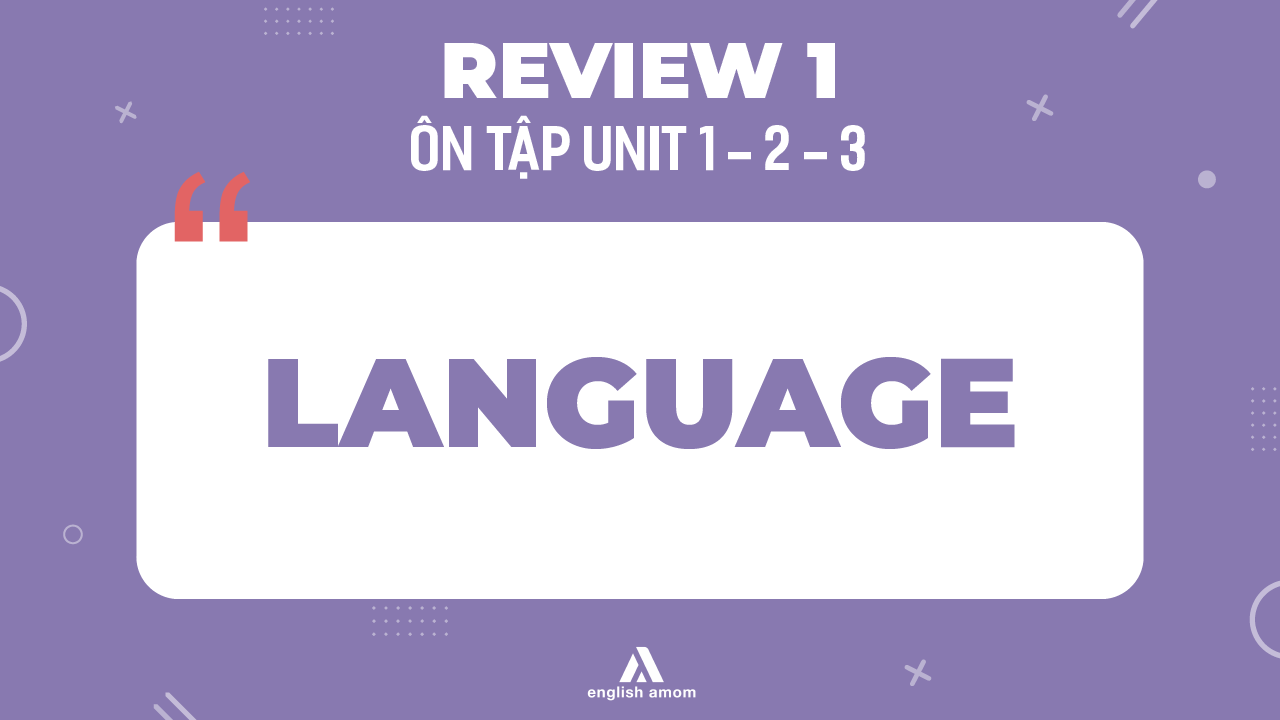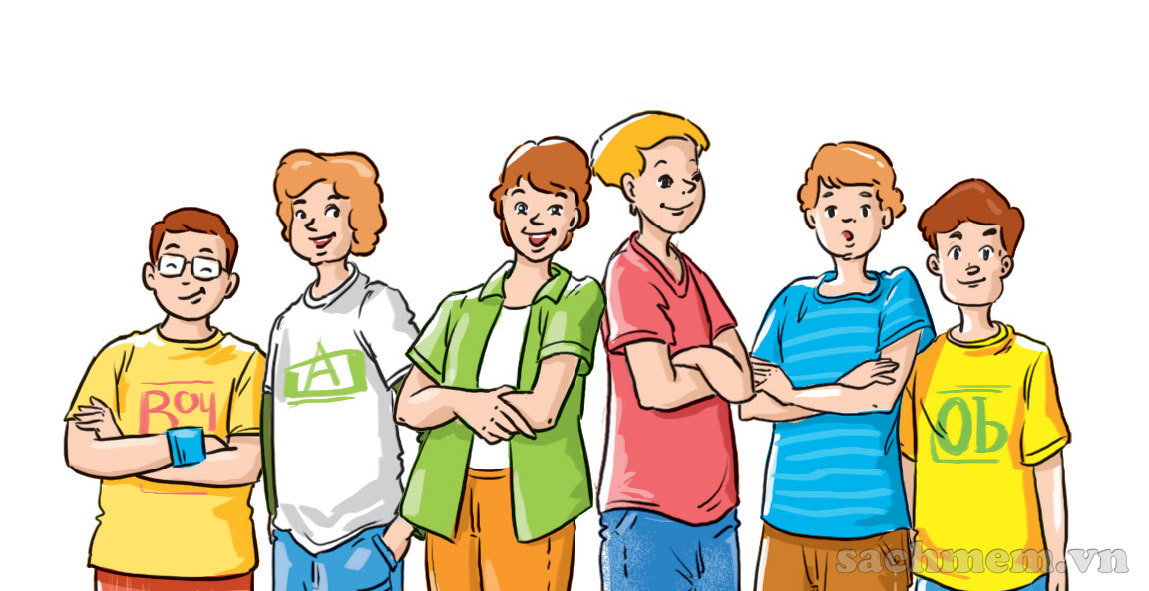
► Kênh hỏi đáp và giải thích thắc mắc kiến thức MIỄN PHÍ → truy cập LINK NHÓM: ENGLISH AMOM
► Kênh YOUTUBE hệ thống toàn bộ bài giảng CLIPS: truy cập LINK: ENGLISH AMOM CHANNEL
► Kênh TIKTOK: ENGLISH AMOM
VOCABULARY
1) Form compound nouns with the words in the box. Then complete the sentences, using the correct ones.
| care | child | friend | girl | grand | house | parents | point | view | work |

1. She spent all morning doing ...............................
2. There are many different .............................. options available to mothers returning to work.
3. Parents should try to see things from a teenager's ...............................
4. I have lived with my .............................. since I was born.
5. He can't come because he's taking his .............................. on a date.
ĐÁP ÁN:
| 1. housework | 2. childcare | 3. viewpoint | 4. grandparents | 5.girlfriend |
2) Complete the sentences with correct words from the box.
| independent | reconciled | argument | self-reliant | relationship |
1. She has a close .............................. with her parents.
2. He broke the glass vase during a(n) .............................. with his cousin.
3. We were finally .............................. after he apologised.
4. My little cousin is becoming more .............................. so my aunt has more time for herself.
5. Teaching secondary school students to be independent and .............................. is important for their personal development.
ĐÁP ÁN:
| 1. relationship | 2. an argument | 3. reconciled | 4. independent | 5. self-reliant |
1. Kate is a teacher of English in an upper secondary school.
2. Look at these pictures and answer my questions in English.
3. Tom used to live in his parents' house, but he's moved into a new flat with some friends.
4. Can I have a cup of apple tea?
5. Don't forget to turn off the lights when you leave after the party.
ĐÁP ÁN:
1. Kate is a teacher of English in an upper secondary school.
2. Look at these pictures and answer my questions in English.
3. Tom used to live in his parents' house, but he's moved into a new flat with some friends.
4. Can I have a cup of apple tea?
5. Don't forget to turn off the lights when you leave after the party.
GRAMMAR
4) Complete these sentences with should / shouldn’t / ought to/ ought not to / must/ mustn’t / have to / has to.
1. It's a great film. You .............................. go and see it.
2. You don't look well. You .............................. go out. It's cold outside.
3. It's late. I .............................. go now or I will miss the last train.
4. Students .............................. use mobile phones in class.
5. The government really .............................. do something about unemployment.
ĐÁP ÁN:
| 1. should / ought to | 2. shouldn't / ought not to | 3. must / have to | 4. mustn't | 5. must/has to |
5) Rewrite the following sentences to emphasise the underlined parts, using It is / was... that...
1. The first Olympic Games were held in Greece.
2. Nam won the first prize in the English speaking contest.
3. I am making a chocolate cake for my best friend's birthday party.
4. Scotland's most famous poet Robert Burns was born in 1759.
5. Working on a computer gives me headaches.
ĐÁP ÁN:
1. It was in Greece that the first Olympic Games were held.
2. It was Nam who/ that won the first prize in the English speaking contest.
3. It's a chocolate cake that I am making for my best friend's birthday party.
4. It was in 1759 that Scotland's most famous poet Robert Burns was born.
5. It's working on a computer that gives me headaches.
6) Write new sentences with a similar meaning. Use the to-infinitive after adjective.
1. It's quite easy to find our school.
Our school is ..............................
2. It's difficult to translate the paragraph.
The paragraph ..............................
3. I am happy that I work for the school library.
I am delighted ..............................
4. She was amazed that she saw him at the party.
She was very surprised ..............................
5. I was sad when I heard your grandma was ill.
I was sorry ..............................
ĐÁP ÁN:
1. Our school is quite easy to find.
2. The paragraph is difficult to translate.
3. I am delighted to work for the school library.
4. She was very surprised to see him at the party.
5. I was sorry to hear that your grandma was ill.

